That’s My Job: Research Recruiters
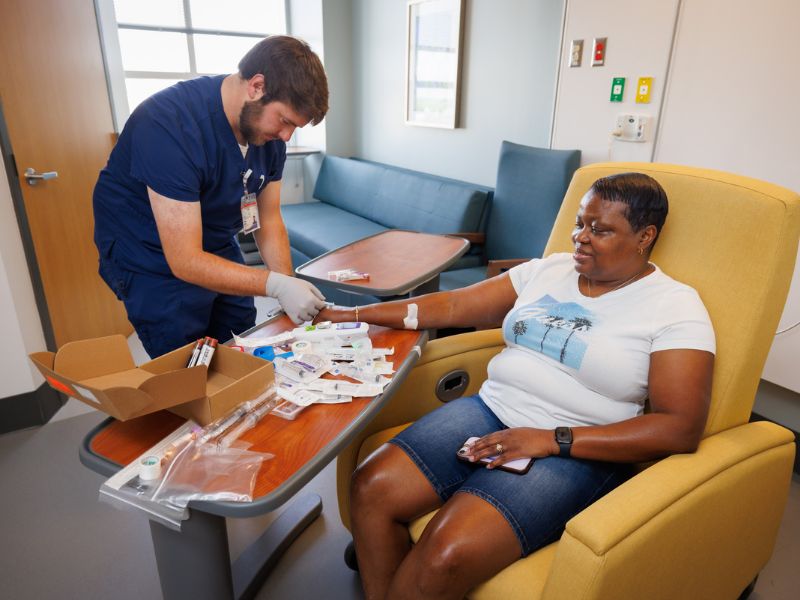
Clinical research without participants is like asking a question with no one to answer it.
Discovering effective medical treatments or cures would be difficult without research participants and the work of research recruiters. It’s a symbiotic relationship in clinical trials.
Without participants, research stalls. Without recruiters, those participants may never hear about the opportunity to make a difference in health care.
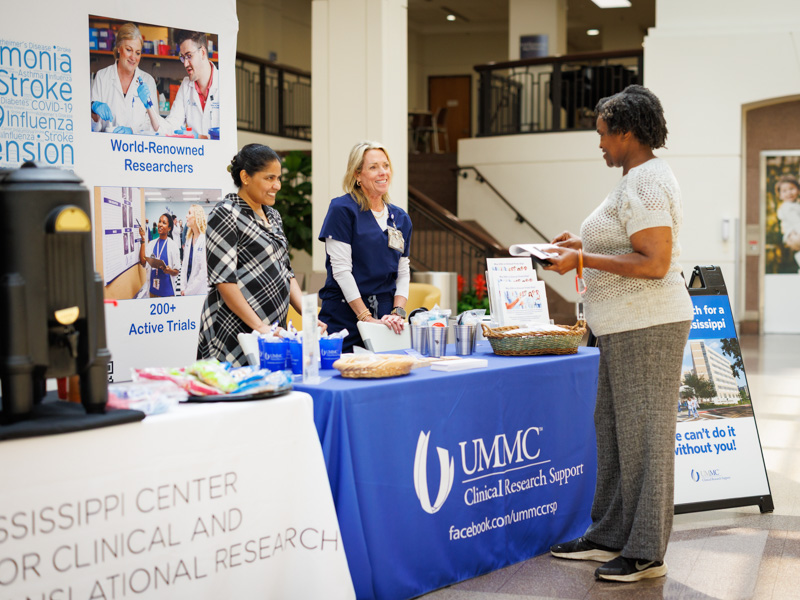
Research recruiters are an unsung part of the very important process of medical studies. They are the first point of contact for people interested in learning more about a medical issue and related studies, the research process, the importance of personal health information and the broader benefits to the participant and others.
Research recruiters turn complex studies into real-world progress by connecting willing participants with the science that needs them.
They help people understand a study’s purpose, and their work transforms research from theory to action.
Dr. Stacee Naylor, deputy director of the Jackson Heart Study and director of clinical research operations at The MIND Center, short for Memory Impairment and Neurodegenerative Dementia, emphasizes how essential recruiters are. UMMC’s active studies include 134 in cancer, 47 in pediatrics and 20 in cardiology and weight management. But recruitment needs vary.
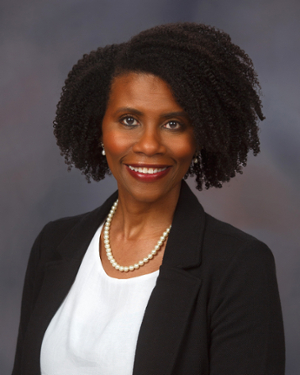
“Research recruiters are critical to the ultimate success of a research study,” Naylor said. “They often times are the first voice or the first face a potential research volunteer engages with. As a result, a recruiter should be thoroughly knowledgeable about the research project, able to answer questions and have a good understanding of the voluntary nature of research participation.
“A recruiter does not have to have all the answers but should be well versed in the study area. This is very important, because it could impact potential enrollment in the study.”
What is critical for recruiters is the ability to connect with others.
“We only have one chance to make a first impression,” Naylor said. “That’s why it’s also important the recruiter has a pleasant phone voice and be able to be active and recruit at different events.”
Recruitment isn’t just about outreach, however. It’s about integrity, too. Chris Moore, senior director for clinical research at UMMC, notes that all recruitment materials are reviewed carefully.
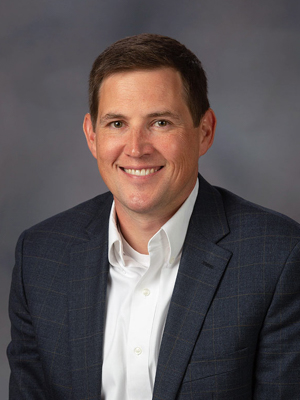
“We never want to mislead, overpromise or pressure people,” Moore said. “Dedicated staff and committees like the Institutional Review Board review everything from flyers to phone scripts to ensure clarity, fairness and accuracy.”
Recruitment plans are tailored based on study needs: location, age, medical conditions and more. Sometimes physicians identify eligible participants using the electronic medical record system with appropriate permissions in place.
UMMC currently leads the state in clinical research with over 200 active trials and $110 million in funding.
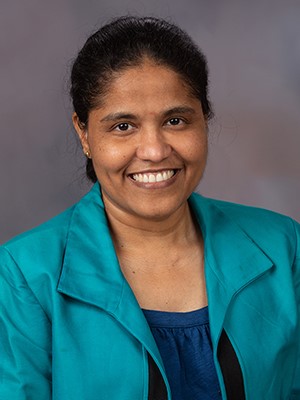
Dr. Merlin Manogaram, project manager in the Office of Clinical Trials, says her respect for recruiters grew during her time as a postdoctoral student in radiology.
“I was impressed by the reach of participant recruitment in studies like the Jackson Heart Study,” she said. “UMMC has a long history of community-based, large-scale research.”
“It’s not just about the number of studies,” Manogaram explained. “Success depends on community alignment, provider referrals and interdepartmental collaboration.”
She points to three well-documented barriers to enrollment: participant-study fit, access and opportunity and trust or willingness. “UMMC works to address all three with tailored strategies,” Manogaram said.
Helping lead the way in clinical research excellence is Jamie Brown, clinical operations manager with the Clinical Research and Trials Unit at University Hospital. The research team in the Clinical Research and Trials Unit is servicing around 40 clinical trials for multiple physicians and departments across UMMC.
“We enjoy providing services for physicians bringing research opportunities to our Mississippians.” Brown said.
“Building a research recruitment plan begins during study feasibility discussions and study start-up. It includes discussions with the investigator, sponsor and study team,” Brown said. “Recruitment is typically a combined effort of both the study coordinator and the investigator; however, sponsors often provide assistance through their professional recruiting materials or recruiter resources, as well.”
But how do they find participants? There are several ways. The study team may post recruitment flyers, use social media or conduct a database search for potential candidates according to age, types of illnesses and other parameters related to a specific study.
“During study start-up, we will review the protocol, discuss the targeted population as well as the target enrollment and study timeline to help develop the best approach for successful recruitment. Multiple variables must be considered to help ensure success when recruiting for a trial.” Brown said.
Throughout his education and career, Brad Martin, education and outreach project manager at The MIND Center, said he learned a lot about people and how to connect with them.
“My 19-plus years promoting health and wellness at the state and local levels in Mississippi have provided me with unique expertise in building relationships with people of different backgrounds and lived experiences across varied environments,” Martin said. He recruits participants for the UMMC MIND Center – Mayo Clinic Study on Aging, which may include making presentations to senior exercise classes or members of faith-based organizations and manning exhibits at conferences and health fairs.
Successful recruiting is all about relationships, trust, respect and being a good communicator. “A lot of what I do is raising awareness about ways to promote healthy aging, educating people about the study parameters and the benefits of their participation,” he said.
“The best part about being a recruiter is I enjoy helping Mississippians. It’s my favorite part,” he said.
“A lot of people are interested early on, because they have family members impacted by Alzheimer’s and close friends with it. From an altruistic side, I want to help future generations,” Martin said.
For more information on becoming a medical research participant at UMMC, visit How to Participate in Clinical Trials and Research - University of Mississippi Medical Center.


